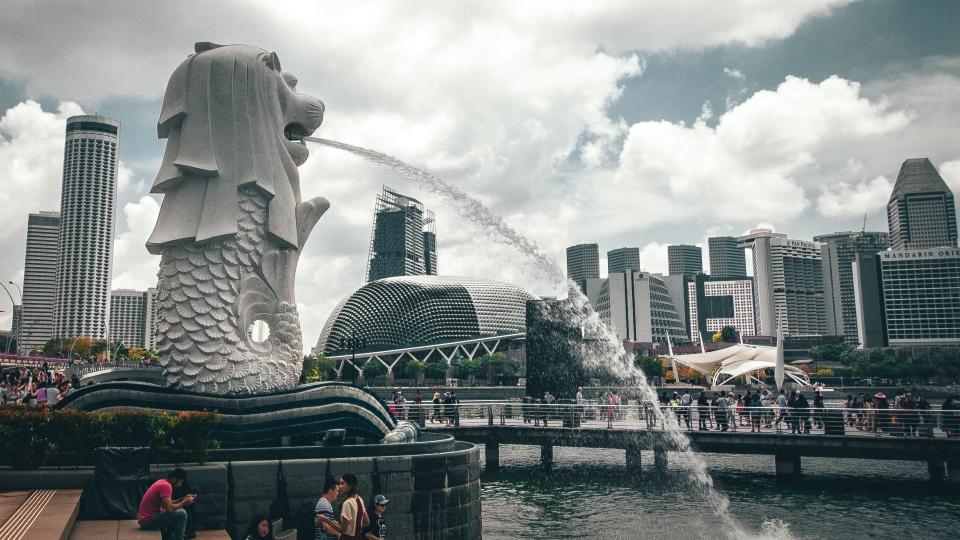
Carbon tax hike to leave massive economic impact: banks
Power generation, manufacturing, transport industries will be the most impacted.
Singapore has outlined bolder plans to ramp up its sustainability ambition and become Asia’s leading green city, a move that spells a massive hit for industries with high carbon emissions such as power, transport, and manufacturing.
Analysts from the country’s top banks noted that the carbon tax hike announced was “aggressive” and “much higher than expected”–but is in line with Singapore’s sustainability ambitions.
In the country’s annual budget speech, Finance Minister Lawrence Wong outlined plans by the government to increase the carbon tax to $25 per tonne in 2024 and further raise it to between $50 and $80 by 2030. Singapore’s carbon tax is currently at only $5 per tonne.
This is in order to “secure a greener and more sustainable living environment for future generations whilst being economically competitive in a low-carbon future,” Wong said.
Also read: Gov't to increase carbon tax hike to S$25 by 2024
Singapore also updated its net-zero emission goal to “around mid-century,” compared to the previous timeline of “sometime in the second half of the century.”
DBS senior economist, Irvin Seah, said that the new carbon tax will weigh on the economy, and in turn, the consumers.
“Industries with high carbon emission such as power generation, manufacturing, aviation, and land transport sectors will be impacted, which in turn will likely be passed on to consumers as higher prices,” Seah said.
Whilst the carbon move is very bold and maybe a bit too aggressive from the perspective of industry and companies, it is the right thing to do to contribute to sustainability, according to OCBC Chief Economist Selena Ling and Economist Howie Lee.
“What is important is the additional carbon tax revenue will be channelled into carbon solutions,” Ling and Lee wrote, noting that Singapore’s focus will be investing in costly low-carbon infrastructure, helping the greening of aviation and tourism industries, and capturing economic opportunities in green areas, such as green finance.
UOB economist, Barnabas Gan, also noted that the increase was “far greater than expected.”
“Whilst we have called for the carbon tax to rise beyond 2023 from the current $5 per tonne of carbon emission, the absolute increase was far greater than expected,” Gan said of the $25 hike by 2024. “This compares to our call for an increase to $10-$15 per tonne of carbon emission in 2024.”
Also read: How will the carbon tax hike help achieve the 2030 green targets?
Meanwhile, HSBC Singapore CEO Wong Kee Joo noted that the government’s green ambitions will lead it to become “Asia’s leading location for expertise in climate change services including being a regional marketplace for carbon credits and green finance; and in the development of sustainable aviation and marine fuels.”
Apart from the carbon tax, Singapore also shared its other green goals, including issuing up to S$35b of green bonds by 2030 to fund public sector green infrastructure projects, as well as to accelerate the electric vehicle adoption by building more charging points closer to where people live.
You might also like:






















 Advertise
Advertise










